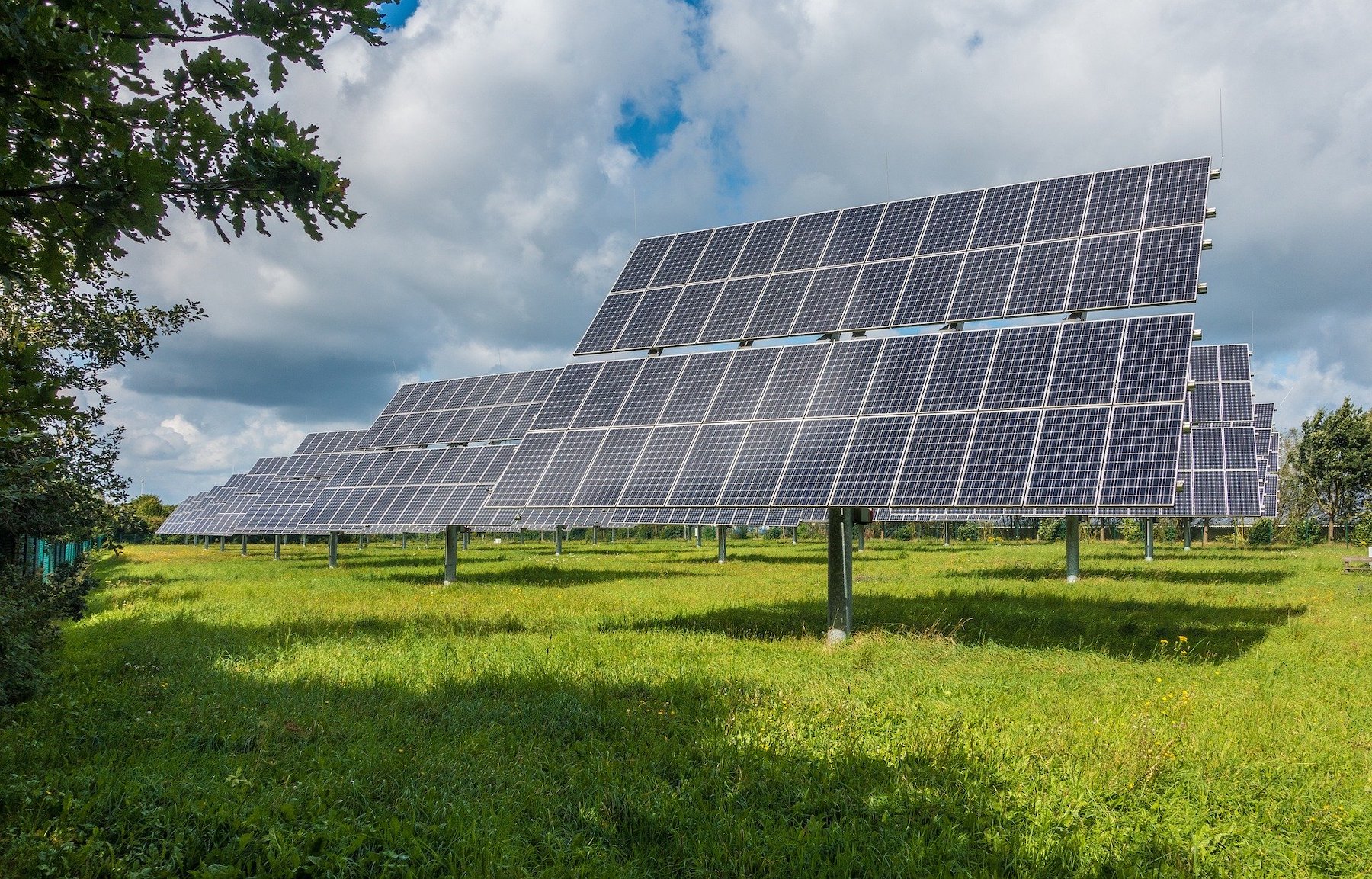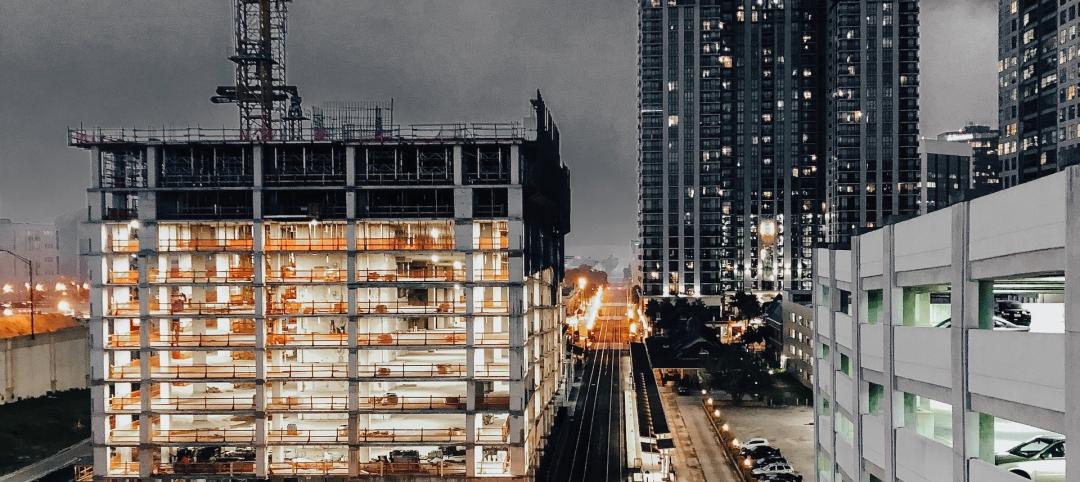Integrating solar generation into building components could boost material and supply chain efficiencies and reduce costs
The U.S. Department of Energy (DOE) Solar Energy Technologies Office (SETO) and Building Technologies Office (BTO) recently issued a request for information to gather input on technical and commercial challenges and opportunities for building-integrated photovoltaic (BIPV) systems.
Roof-mounted solar systems on buildings are more common, but BIPV systems offer other ways to site solar technologies on buildings. The options include directly integrating solar modules into the roof or the building’s facade.
Integrating solar generation directly into building components could improve material and supply chain efficiencies and reduce system costs, the department says. “Innovative strategies that use building-integrated photovoltaics can improve solar integration, enable new designs and uses, and support our decarbonization goals,” says Kelly Speakes-Backman, principal deputy assistant secretary for the Office of Energy Efficiency and Renewable Energy.
The goal of the RFI is to identify and quantify barriers to BIPV deployment and inform future strategy and program development in this area. SETO and BTO are seeking feedback from industry, research laboratories, academia, government agencies, and other stakeholders related to BIPV technologies and markets.
The deadline for responses is April 1, 2022.
Related Stories
Energy Efficiency | Apr 7, 2023
Department of Energy makes $1 billion available for states, local governments to upgrade building codes
The U.S. Department of Energy is offering funding to help state and local governments upgrade their building codes to boost energy efficiency. The funding will support improved building codes that reduce carbon emissions and improve energy efficiency, according to DOE.
Resiliency | Apr 4, 2023
New bill would limit housing sprawl in fire- and flood-prone areas of California
A new bill in the California Assembly would limit housing sprawl in fire- and flood-prone areas across the state. For the last several decades, new housing has spread to more remote areas of the Golden State.
Sustainability | Apr 4, 2023
ASHRAE releases Building Performance Standards Guide
Building Performance Standards (BPS): A Technical Resource Guide was created to provide a technical basis for policymakers, building owners, practitioners and other stakeholders interested in developing and implementing a BPS policy. The publication is the first in a series of seven guidebooks by ASHRAE on building decarbonization.
Multifamily Housing | Mar 24, 2023
Washington state House passes bill banning single-family zoning
The Washington state House of Representatives recently passed a bill that would legalize duplexes or fourplexes in almost every neighborhood of every city in the state.
Multifamily Housing | Mar 24, 2023
Momentum building for green retrofits in New York City co-ops, condos
Many New York City co-op and condo boards had been resistant to the idea of approving green retrofits and energy-efficiency upgrades, but that reluctance might be in retreat.
Legislation | Mar 24, 2023
New York lawmakers set sights on unsafe lithium-ion batteries used in electric bikes and scooters
Lawmakers in New York City and statewide have moved to quell the growing number of fires caused by lithium-ion batteries used in electric bikes and scooters.
Codes and Standards | Mar 24, 2023
Changes to ICC building codes development process aimed at more in-depth vetting of proposals
The changes will take effect in 2024-2026 for the development of the 2027 International Codes (I-Codes). They will move the development process to an integrated and continuous three-year cycle.
Multifamily Housing | Mar 24, 2023
Multifamily developers offering new car-free projects in car-centric cities
Cities in the South and Southwest have eased zoning rules with parking space mandates in recent years to allow developers to build new housing with less parking.
Multifamily Housing | Mar 24, 2023
Coastal multifamily developers, owners expect huge jump in insurance costs
In Texas and Florida, where Hurricane Ian caused $50 billion in damage last year, insurance costs are nearly 50% higher than in 2022.
Geothermal Technology | Mar 22, 2023
Lendlease secures grants for New York’s largest geothermal residential building
Lendlease and joint venture partner Aware Super, one of Australia’s largest superannuation funds, have acquired $4 million in support from the New York State Energy Research and Development Authority to build a geoexchange system at 1 Java Street in Brooklyn. Once completed, the all-electric property will be the largest residential project in New York State to use a geothermal heat exchange system.

















